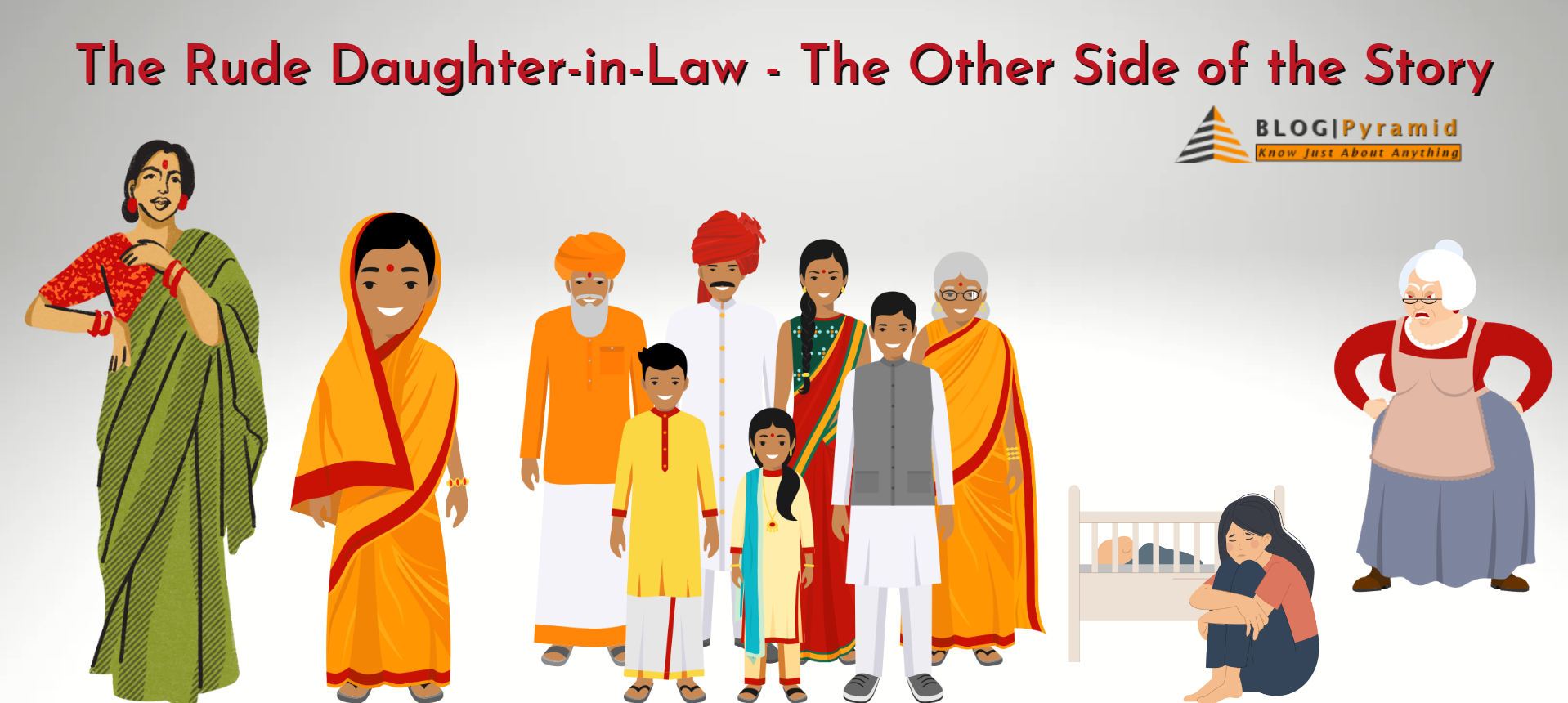Film Review: “Astitva” (2000)
“Astitva,” directed by Mahesh Manjrekar, is a thought-provoking Hindi film that delves into themes of identity, gender roles, and societal norms. The film stars Tabu, Sachin Khedekar, and Mohnish Bahl, delivering powerful performances that highlight the struggles and complexities of personal identity within the constraints of a patriarchal society.
Plot Summary
“Astitva” revolves around Aditi Shrikant Pandit (Tabu), a woman who has lived most of her life under the shadow of her husband, Shrikant Pandit (Sachin Khedekar). Shrikant is a successful businessman who believes in traditional gender roles, expecting Aditi to fulfill her duties as a wife and mother without questioning his authority.
The story takes a dramatic turn when Aditi receives a letter informing her of an inheritance left to her by her former music teacher, Malhar Kamat (Mohnish Bahl). This revelation leads to a series of flashbacks, uncovering Aditi’s past affair with Malhar and the birth of her son, Aniket, as a result of this relationship. The film explores Aditi’s quest for self-identity and dignity amidst the judgments and constraints imposed by her husband and society.
Cinematic Elements
- Direction and Screenplay: Mahesh Manjrekar’s direction is meticulous, capturing the emotional and psychological nuances of the characters. The screenplay is tight, with well-crafted dialogues that provoke thought and introspection.
- Performances: Tabu delivers an exceptional performance as Aditi, portraying a range of emotions from vulnerability to strength. Sachin Khedekar is convincing as the domineering husband, while Mohnish Bahl provides depth to the character of Malhar.
- Music: The music by Sukhwinder Singh complements the narrative, especially the classical pieces that tie into Aditi’s passion for singing and her connection with Malhar.
- Cinematography: Vijay Kumar Arora’s cinematography captures the contrasting worlds of Aditi’s confined domestic life and her moments of liberation through music and self-expression.
Messages and Lessons
- Women’s Identity and Empowerment: “Astitva” sheds light on the importance of a woman’s identity beyond her roles as a wife and mother. It advocates for the recognition of women’s desires, talents, and rights to live a dignified life.
- Gender Roles and Patriarchy: The film critiques the rigid gender roles enforced by patriarchal societies. It portrays how these roles suppress women’s aspirations and subject them to unfair moral judgments.
- Self-Realization and Dignity: Aditi’s journey is a powerful narrative of self-realization. Despite societal condemnation, she seeks and eventually asserts her dignity, emphasizing that self-worth and respect are paramount.
- Communication and Understanding: The film underscores the importance of communication and understanding in relationships. Shrikant’s inability to see Aditi’s perspective leads to the unraveling of their relationship, highlighting the need for empathy and dialogue.
Final Thoughts
“Astitva” is a compelling film that challenges societal norms and advocates for women’s rights and self-respect. Its powerful narrative, combined with stellar performances, makes it a significant contribution to Indian cinema. The film encourages viewers to reflect on the entrenched gender biases and the importance of recognizing and nurturing individual identities within the fabric of society.
Sources
This review captures the essence of “Astitva” and underscores its valuable lessons, making it a film worth watching and reflecting upon.








